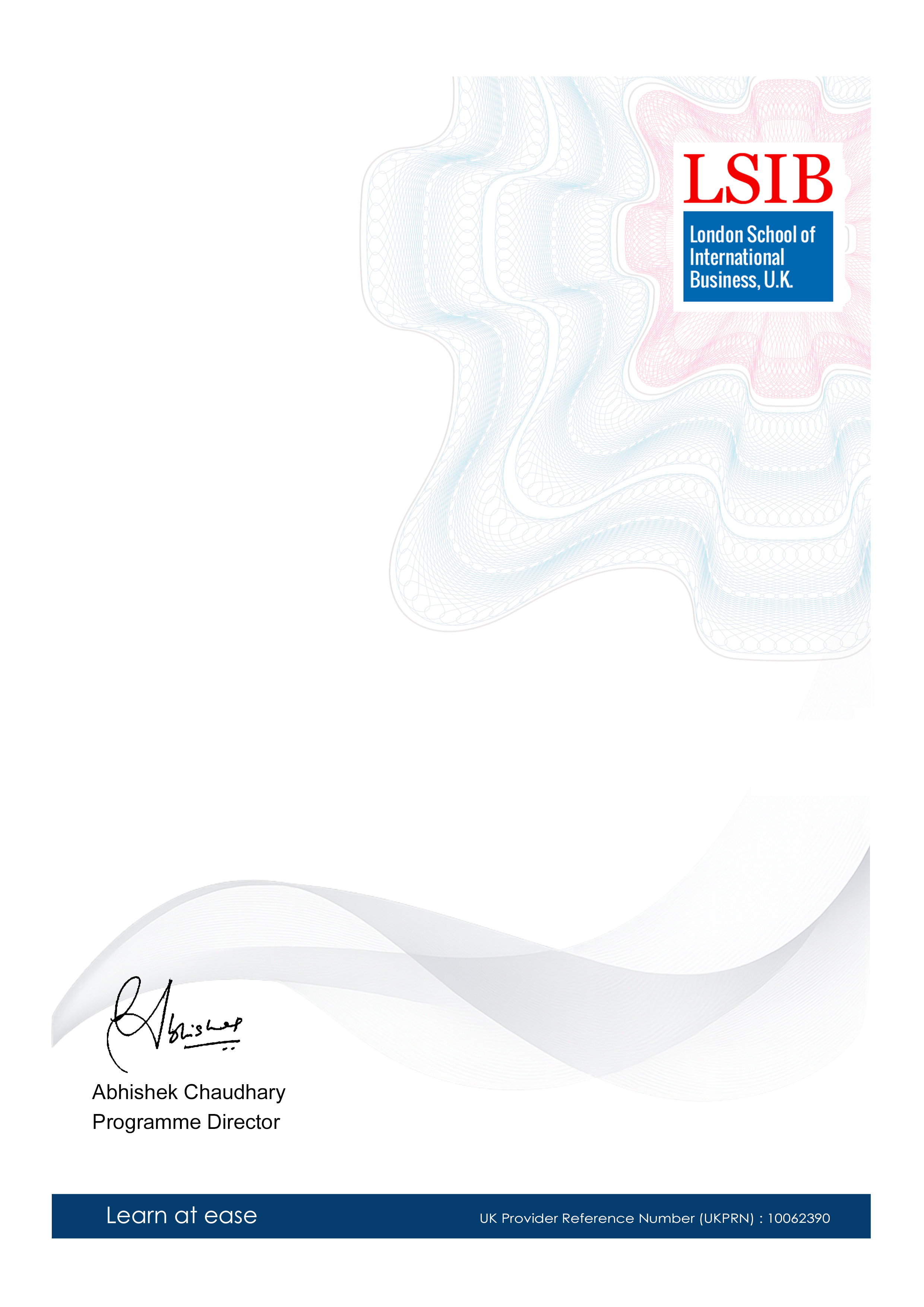Professional Certificate in Urban Wildlife Habitat Restoration Approaches
-- viewing nowUrban Wildlife Habitat Restoration: This Professional Certificate equips you with practical skills for restoring urban ecosystems. Learn effective habitat management techniques for diverse species.
2,886+
Students enrolled
GBP £ 140
GBP £ 202
Save 44% with our special offer
About this course
100% online
Learn from anywhere
Shareable certificate
Add to your LinkedIn profile
2 months to complete
at 2-3 hours a week
Start anytime
No waiting period
Course details
• Habitat Assessment and Site Selection
• Principles of Ecological Restoration
• Plant Community Restoration Techniques
• Wildlife Management Strategies for Urban Environments
• Invasive Species Control and Management
• Water Management and Stormwater Mitigation
• Community Engagement and Outreach
• Project Planning and Implementation
• Monitoring and Evaluation of Restoration Efforts
Career path
| Career Role | Description |
|---|---|
| Urban Wildlife Habitat Restoration Ecologist | Leads and implements habitat restoration projects in urban areas, focusing on biodiversity and ecological processes. Strong ecological knowledge and project management skills are crucial. |
| Urban Green Space Manager (Wildlife Focus) | Manages and maintains urban green spaces, prioritizing wildlife habitat creation and enhancement. Requires expertise in habitat management and community engagement. |
| Environmental Consultant (Urban Wildlife) | Provides expert advice on urban wildlife and habitat restoration to clients, including developers and local authorities. Excellent communication and report writing skills are essential. |
| Urban Wildlife Surveyor | Conducts ecological surveys to assess the biodiversity of urban areas and inform restoration projects. Requires strong field skills and knowledge of wildlife identification. |
| Urban Planner (Wildlife Integration) | Integrates wildlife habitat considerations into urban planning processes, ensuring new developments support biodiversity. Requires knowledge of urban planning and ecological principles. |
Entry requirements
- Basic understanding of the subject matter
- Proficiency in English language
- Computer and internet access
- Basic computer skills
- Dedication to complete the course
No prior formal qualifications required. Course designed for accessibility.
Course status
This course provides practical knowledge and skills for professional development. It is:
- Not accredited by a recognized body
- Not regulated by an authorized institution
- Complementary to formal qualifications
You'll receive a certificate of completion upon successfully finishing the course.
Why people choose us for their career
Loading reviews...
Frequently Asked Questions
Course fee
- 3-4 hours per week
- Early certificate delivery
- Open enrollment - start anytime
- 2-3 hours per week
- Regular certificate delivery
- Open enrollment - start anytime
- Full course access
- Digital certificate
- Course materials
Get course information
Earn a career certificate

